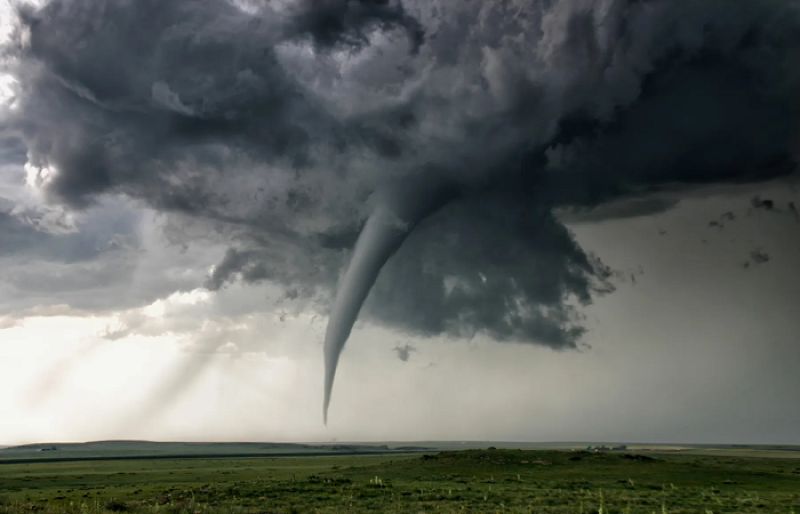Climate change is an escalating threat to the health of people everywhere. As emergency medicine physicians practicing in Australia and the United States, we — and our colleagues around the world — already see the impacts of climate change on those we treat.
Will we be seeing you one day soon? Hopefully not. Yet an ever-growing number of us will face climate-related emergencies, such as flooding, fires, and extreme weather. And all of us can actively prepare to protect health when the need arises. Here’s what to know and do.
How is climate change affecting health?
As the planet warms, people are seeking emergency medical care for a range of climate-related health problems, such as heat exhaustion and heat stroke, asthma due to air pollution, and infectious diseases related to flooding and shifting biomes that prompt ticks, mosquitoes, and other pests to relocate. News headlines frequently spotlight physical and emotional trauma stemming from hurricanes, wildfires, tornadoes, and floods.
We care for people displaced from their homes and their communities by extreme weather events. Many suddenly lack access to their usual medical team members and pharmacies, sometimes for significant periods of time. The toll of extreme weather often lands hardest on people who are homeless, those with complex medical conditions, children, the elderly, people with disabilities, minoritized groups, and those who live in poorer communities.
On a recent 110º Fahrenheit day, for example, a woman came to an emergency department in Adelaide, Australia complaining of a headache, fatigue, and nausea, all symptoms of heat exhaustion. She told medical staff that she had just walked for two hours in the sun to obtain groceries, as she had no car or access to public transportation. While health advisories in the media that day had advised her to stay inside in air conditioning, walking outside was only the only option she had to feed her family. For this woman and many others, well-intended public health warnings do little to reduce the risk of illness during extreme weather. Achieving safe, equitable health outcomes will require addressing access to shelter, access to transportation, and other societal factors that put people at risk of bad health outcomes.
Extreme weather contributes to large-scale health and safety issues
Increasingly, climate-related extreme weather is leading to interrupted access to medical care, contributing to later illness and death. Extreme weather can damage key infrastructure like the electrical grid, so that those relying on home medical equipment cannot use it. It may shut down health care facilities like a dialysis center or emergency room, or slow care in facilities that stay open.
People fleeing a fire or hurricane can be displaced into settings where they may have difficulty getting medical care or obtaining much-needed medicine, such as insulin, dialysis, high blood pressure treatments, and heart medicines. Such factors can worsen chronic conditions and may even cause death, particularly in people with existing medical conditions like heart failure, lung disease, and kidney disease.
How can you be ready to protect your health?
We all have a part to play in keeping ourselves and our communities well in the face of increasing dangers from climate change. Taking these steps will help.
If you or a loved one has health issues:
Keep a printed summary handy listing all medical conditions, medications and dosages, and phone numbers for your health providers.
If you have to leave your home, try to bring all medications with you — even bringing empty pill bottles will help a doctor trying to restart your medications.
Store medicines in a waterproof bag in a place where you can easily find them. This will help if you need to evacuate quickly.
Thinking about what to do if you need to leave home quickly. Now is the time to figure out your basic emergency plan:
Where will you go if you need to evacuate?
How will you get there?
How could you communicate with others if there is no electricity or phone service?
Do you have written contact info for a few family members and friends, in case you lose your phone or the battery dies?
Finally, we all need to look out for others in our community. Check in on elderly neighbors and those around you who may be socially disconnected, and make sure that they are safe where they live and are able to access the medical care they may need when the weather turns hot, cold, smoky, fiery, snowy, wet, or windy.
Climate change is here. It is already having tangible and significant impacts on our communities and the health of people around the world. Moreover, the increased risk of climate-related extreme weather is here to stay for the foreseeable future, and we must prepare for the threats it poses to our health, both now and in decades to come. We all have a part to play — health professionals, communities, and individuals — in keeping ourselves and each other healthy and safe.

